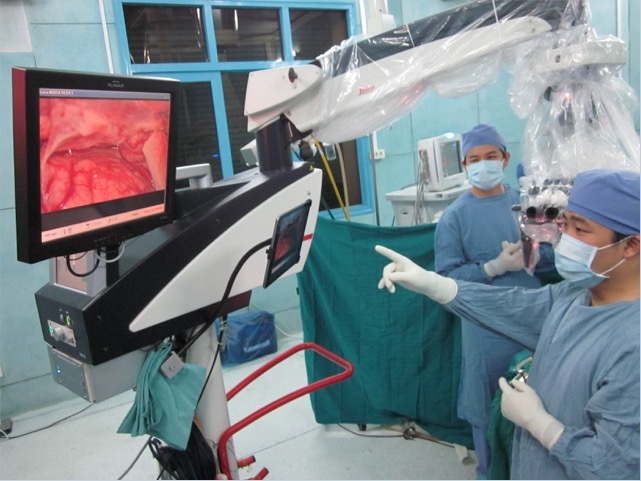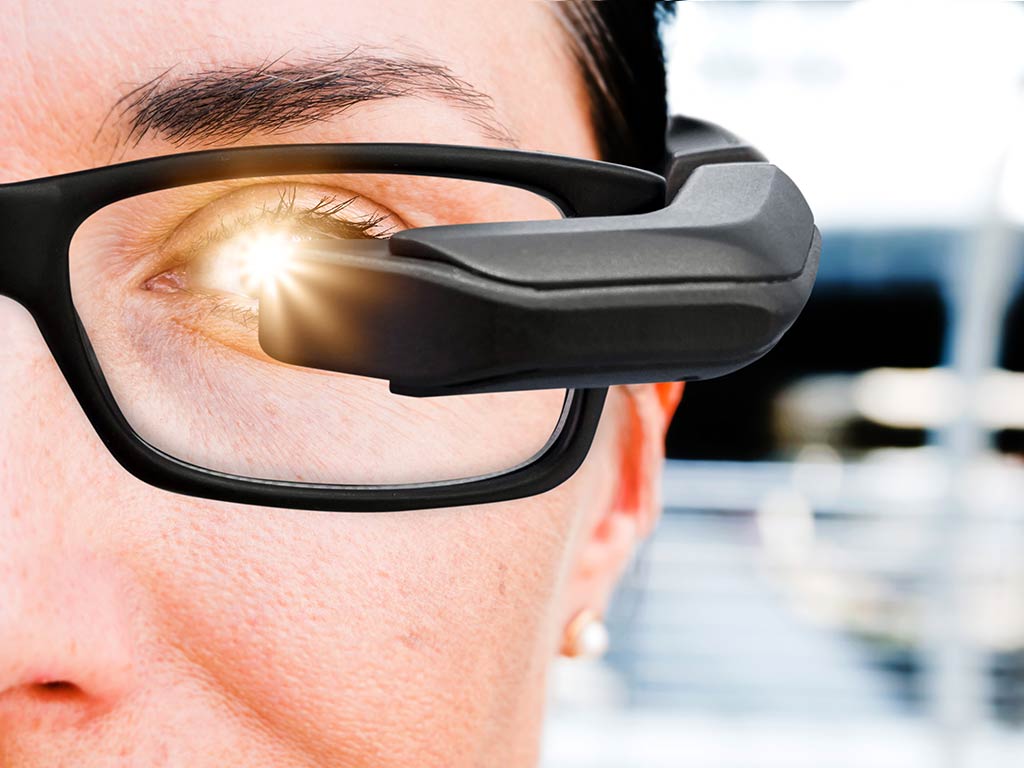Location information
Hospital address
Groote Schuur hospital H53 Old Main Building Observatory Groote Schuur Hospital Cape Town Western Cape 7925 South Africa
Hospital type
Public
Hospital description
Tertiary/National
Description
The University of Cape Town is a leading African university, and one of only 3 institutions in the Developing World ranked in the Top 100 for Medicine (THE 2017). Our Division of Neurosurgery is committed to training neurosurgeons who will practise either in South Africa or Sub-Saharan Africa, and acceptance is competitive as we limit numbers in order to ensure adequate clinical exposure. Specialist training usually takes 5 years in our program - at any one time we typically have 5 registrars from other African countries in training. Applicants need to have completed their Internship and have evidence of sufficient experience in surgery to embark on a career in neurosurgery. After initial screening, prospective trainees are invited to visit our department to evaluate our training program first hand and undergo an interview.
Successful applicants require a licence from the HPCSA, must demonstrate that they have sufficient funding to support themselves for at least 5 years in Cape Town, and register for the degree MMed(Neurosurgery) at the University of Cape Town as well as enter the Fellowship examination of the College of Neurosurgeons of South Africa, FCNeurosurg(SA). Following completion of training, there are opportunities for fellowship training in paediatric neurosurgery, neurointervention and skull base surgery, neuroendoscopy and pituitary surgery, spine and neurocritical care. Countries in which our alumni practise include Uganda, Kenya, Zambia and Nigeria.
Please contact the Neurosurgery Program Director Dr Sally Rothemeyer for more information
sally.rothemeyer@uct.ac.za
Professor Graham Fieggen, Mauerberger Professor of Neurosurgery and Head of Division, University of Cape Town.
Member information
Name
Graham Fieggen
Member type
Individual independent practitioner
Specialty
Neurosurgeon
Subspecialties
- Neurosurgeon with paediatric interest
Languages spoken
- English
Professional affiliations / memberships
- ISPN
- AANS




